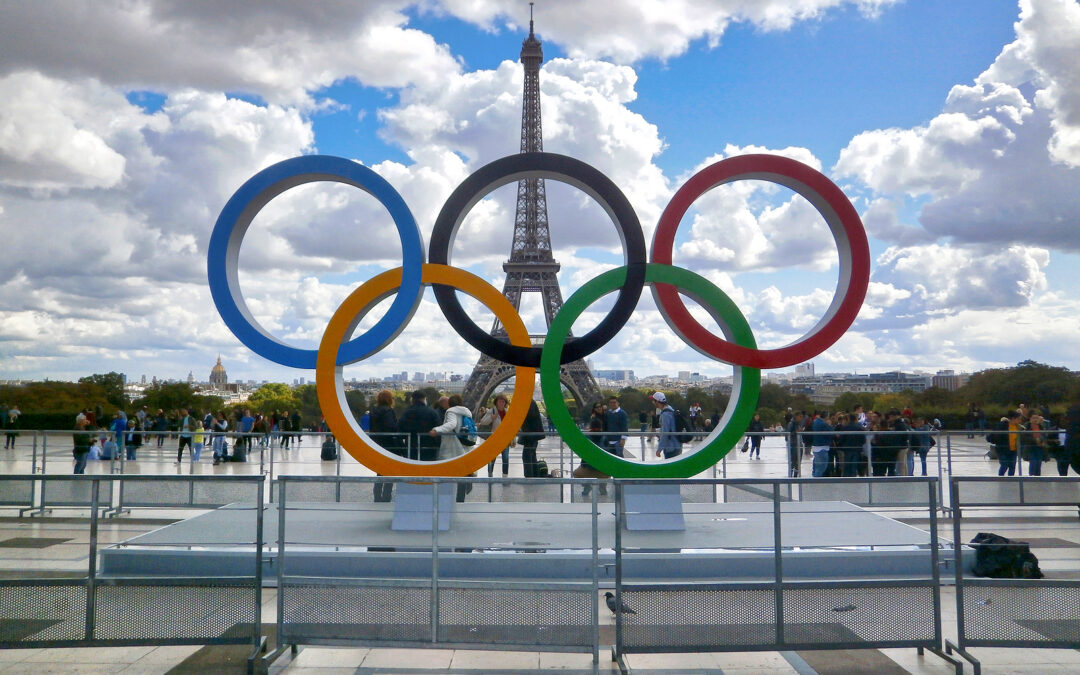The 2024 Summer Olympics was one of the most watched televised events in history. Billions of eyes were on Paris and over 11 million people traveled to the city to experience the games in person. When you consider the years of planning, the security involved, the protests, and other headaches that come with organizing and managing a significant global event you must wonder, does hosting the Olympics really pay?
In the case of France and the summer games, the positives are that over 150,000 jobs were created and tourism generated over $2 billion. Public opinion of Paris and Parisians has been favorable but while many who watched the games were inspired to make future travel plans to visit France, industry experts say the visibility hasn’t given them the tourism boost they expected.
France spent an estimated $8.2 billion to host the Olympics making it the sixth most expensive games in history. More than a third of the money spent went to infrastructure investments that included an 800,000 seat arena, and 126-acre site for the Olympic Village. To regenerate the run-down industrial area in Paris, residents were forced out, many of them immigrants, which has caused controversy and human rights activists accusing French authorities of social cleansing.
Olympic villages are almost created in areas that are considered lower income or in need of refurbishing. In the case of London and the 2012 Olympics, they moved hundreds of residents and businesses out to make way for its Olympic Park. After the games, the organizing committee renamed the area the East Village and turned the buildings into luxury apartments instead of building the more than 30,000 homes they had promised. Does hosting the Olympics Pay? In many ways, yes, but there are many disadvantages too.
